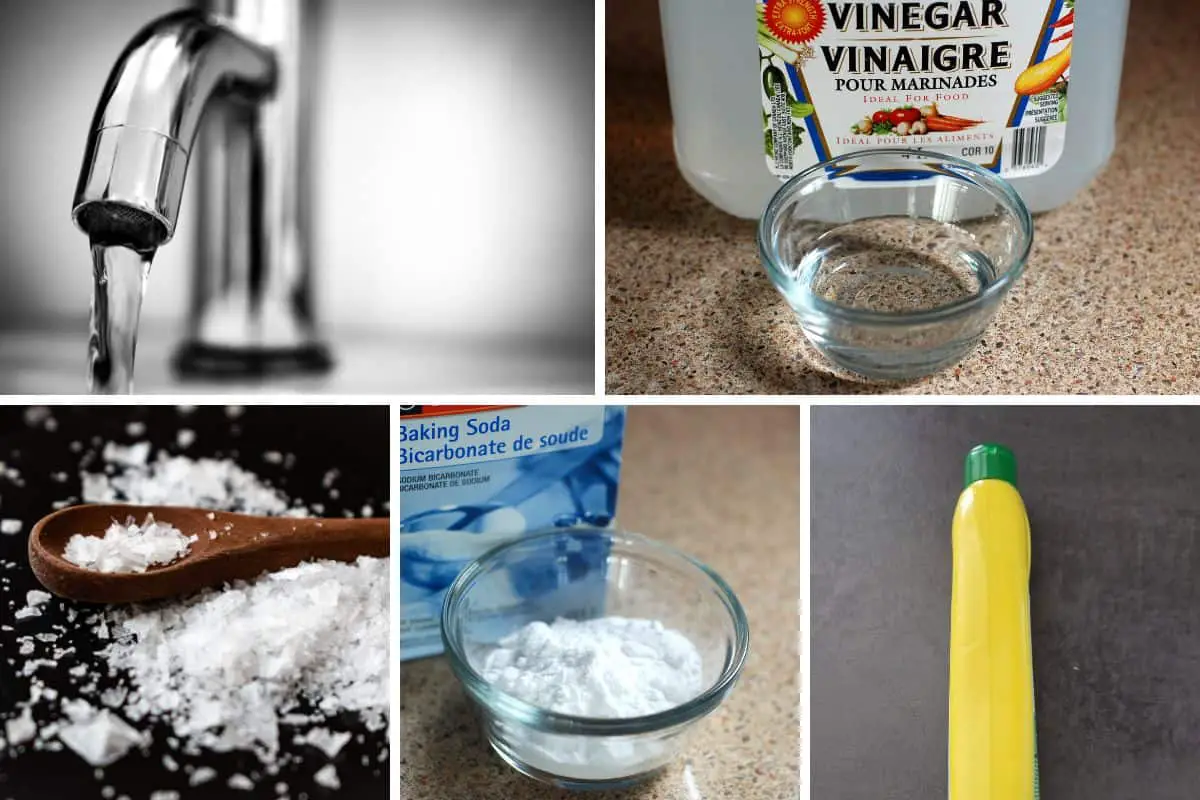Bed bugs are a serious problem that can be difficult to get rid of. If you think you may have a bed bug infestation, it’s important to take action immediately. One way to help get rid of bed bugs is to use a homemade bed bug spray. This DIY bed bug spray recipe is made with simple, natural ingredients and it’s effective at killing bed bugs and their eggs. Give it a try!
Ingredients:
1/2 cup water
1/2 cup white vinegar
1/2 teaspoon baking soda
1 tablespoon salt
1 tablespoon dish soap
Instructions:
In a bowl, mix all of the ingredients until the salt is dissolved. Pour the mixture into a spray bottle and shake well. To use, simply spray the bed bug spray onto any area where you suspect bed bugs may be present. Be sure to focus on cracks and crevices, as well as around baseboards, mattress seams, and behind headboards. Reapply as necessary. Discard any unused mixture.
Homemade bed bug spray with alcohol
Alcohol is a chemical compound that is found in various types of beverages, including beer, wine, and liquor. It is also present in some other products, such as medicines and cleaning products. Alcohol is produced when yeast ferments (breaks down) sugars in food.
There is no definitive answer to the questions surrounding alcohol’s effect on bed bugs, as the true answer depends on several factors, including the concentration of alcohol, how long the bed bugs are exposed to it, and the type of bed bug. However, in general, higher concentrations of alcohol are effective at killing bed bugs.
Additionally, exposure for a longer period will also increase the chances of death for the bed bugs. One study found that 70% ethanol (a type of alcohol) was able to kill all life stages of the common bed bug within minutes of exposure, while lower concentrations were less effective. Therefore, it is possible that alcohol could be used as an effective way to kill bed bugs.
If you’d like to use an alcohol-based bed bug spray, simply replace the water in this recipe with vodka or rubbing alcohol. The alcohol will help to kill bed bugs on contact, and it will also evaporate quickly so it won’t leave behind any wet or sticky residue.
As always, be sure to exercise caution when using any homemade spray, and test it on a small area first to make sure there is no adverse reaction. If you have any concerns, consult with a pest control professional.
DIY bed bug treatment
There are several ways to treat bed bugs, but one of the most effective is to use a combination of methods to see which works best. This includes using a vacuum cleaner to remove any visible bed bugs, washing infested bedding in hot water, and using a homemade bed bug spray like the one above.
Be sure to follow all instructions carefully and be patient, as it may take a few weeks to see results. However, by using a combination of these methods, you will eventually be able to get rid of your bed bug problem for good!
How to mix vinegar to kill bed bugs
Vinegar’s effectiveness at killing bed bugs may vary depending on the type of vinegar used, the concentration of the vinegar solution, and how it is applied. However, some research suggests that vinegar may be effective at killing bed bugs when used as a direct spray or as a part of a comprehensive treatment plan.
Additionally, research suggests that bed bugs may be repelled by the smell, taste, and acidity of certain things such as vinegar. Bed bugs are attracted to certain smells, so they may be less likely to approach an area that smells like vinegar.
The amount of vinegar you’ll need to mix will depend on the size of the infestation and the severity of the problem. In general, a higher concentration of vinegar is more effective at killing a larger infestation of bed bugs.
To make a vinegar spray that is strong enough to kill bed bugs, mix equal parts water and vinegar. For example, if you use 1 cup of water, mix it with 1 cup of vinegar. If you need more, simply increase the amount of each ingredient accordingly. Once the mixture is mixed, pour it into a spray bottle and shake well before using.
To use, simply spray the bed bug spray onto any area where you suspect bed bugs may be present. As mentioned earlier, be sure to focus on cracks and crevices, as well as around baseboards, mattress seams, and behind headboards. Reapply as necessary.
What chemical kills bed bugs and their eggs?
There are a few different chemicals that can kill bed bugs and their eggs. One of the most effective is pyrethrin, which is a type of organic compound that comes from chrysanthemum flowers. Pyrethrin is generally considered to be safe for humans and animals, but it can be toxic to fish and other aquatic creatures.
If you are looking for a non-chemical substance that can be used to kill bed bugs, look no further than diatomaceous earth, which is a type of sedimentary rock that is made up of the remains of algae. Diatomaceous earth works by puncturing the bed bug’s exoskeleton, causing them to dehydrate and die.
What is the strongest bed bug killer?
The best bed bug killer will depend on the severity of the infestation and the type of bed bug you’re dealing with. However, in general, higher concentrations of pesticides are more effective at killing bed bugs. Additionally, some pesticides are specifically designed to kill bed bugs and their eggs, which is important for preventing a future infestation.
Pesticides can be toxic to both humans and pets, so it’s important to use them with caution. Additionally, some pesticides may only kill adult bed bugs, while others may not be effective against eggs. This means that if you’re using a pesticide to kill bed bugs, you’ll need to reapply it regularly to prevent a future infestation.
Pesticides can also be expensive, so you’ll need to weigh the cost of the product against the severity of the infestation. If you have any concerns, consult with a pest control professional.
Bed bug spray ingredients
The most effective bed bug spray contains a combination of chemicals that target bed bugs at all stages of their life cycle. The most common ingredients in these sprays are pyrethroids, which are synthetic versions of the natural insecticide pyrethrin. Pyrethroids are very effective at killing bed bugs and their eggs, but they can also be harmful to humans if not used correctly.
Another common ingredient in bed bug sprays is propoxur, which is a neurotoxin that kills bed bugs by causing paralysis. Propoxur is considered fairly safe for humans when used as directed, but it can be toxic if inhaled or ingested in large quantities.
Pyrethroids and propoxur are both considered to be safe for humans when used as directed. However, they can be harmful if inhaled or ingested in large quantities. A lot of people may be turned off from spraying these chemicals in their bedroom, so the DIY, all-natural, method detailed above might be the best solution to your bed bug problem.

